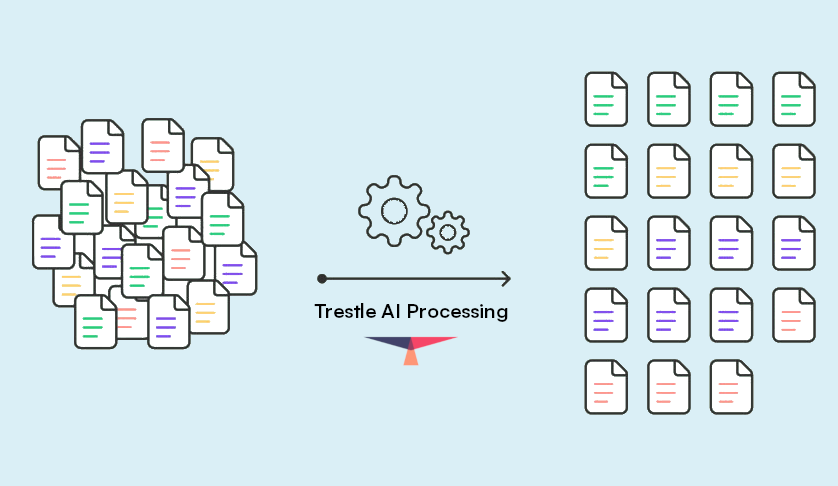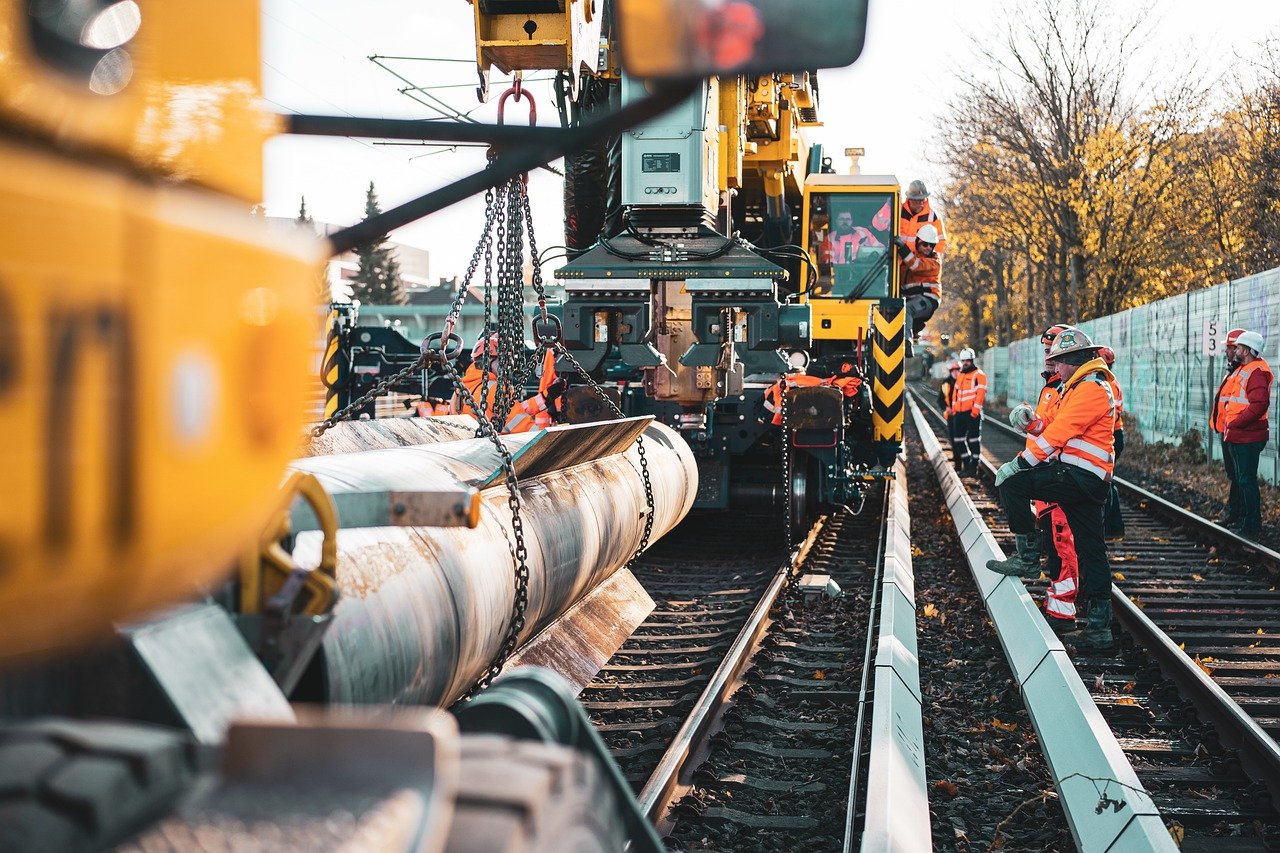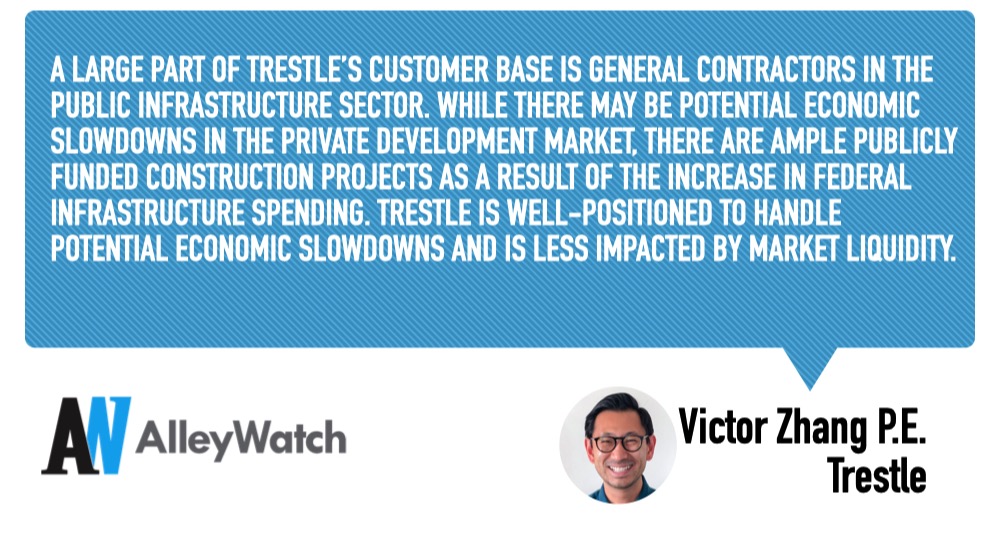
Microsoft, Tesla, Disney, and even Wendy's have processes in place to verify potential vendors and contractors have met a minimum set of standards. Most construction companies still wait until after they've made soft commitments, such as using vendor quotes in bids, to do their due diligence. This can create major issues.
Knowing the subcontractors and suppliers you plan on using are qualified to do the work is the most significant way to reduce uncertainties and risks in a project. The right prequalification systems and practices will help you prevent profit losses, delays, and other consequences.
How Do Different Businesses Prequalify Vendors and Contractors?
The prequalification process is frequently used in many industries, from automotive to software design. However, various companies adopt different practices, usually based on their top priorities. Most prequalification steps extend far beyond questionnaires and references. Larger companies, in particular, request specific details about the vendor's financial, legal, insurance, and structural information.
For example, Tesla's two-step prequalification process is reviewed by its purchasing and safety teams. The company requires contractors to share the following details, as applicable:
- Financial information
- License information
- Proof of insurance
- Qualifications and experience
- Details about the business's structure and organization
- Project site and location information
- Safety and training information
- Electronic medical records (EMRs) from the last three years
- Environmental policies
- Environmental health and safety (EHS) data and records
- Historically underutilized business (HUB), women business enterprise (WBE), and minority business enterprise (MBE) certifications
- Occupational Safety and Health Administration (OSHA) citations
Many businesses have changed their prequalification processes in recent years, leading to new practices and software. In many industries, this was due to steps being too time-consuming and costly for their projects to account for — particularly amid the pandemic.
Organizations worldwide now use secure online portals for vendors, contractors, and suppliers to upload all of their essential information. Most require vendors to create accounts within their platforms, which lets them easily update or correct information throughout the process. The company can then review and directly compare its vendors' information within one interface while keeping their files secure.
Prequalification in Construction
Prequalification is crucial in the modern construction industry. Nevertheless, general contractors often overlook the process or save it until later, leading to delays, higher costs, and other risks. Verifying subcontractors are legally compliant and qualified for your project is essential for your long-term success. It can also benefit you during the bidding process by showing clients and project managers that you only partner with other professionals.
Prequalification in construction typically focuses on the following details:
- Qualifications and experience
- Financial health
- Safety records
- State, local, and practice-specific licenses
- Insurance information
- Assurance of nondiscrimination
The Risks of Not Prequalifying Vendors
To save time and money, many general contractors postpone their prequalification steps until late in the process — usually after they've already placed or won bids. Even though this is common practice, the contractor may experience delays, profit losses, and legal consequences if its selected vendor doesn't meet expectations.
Let's say a general contractor wins a new project using a quote from Vendor A — only to discover that Vendor A doesn't even have proper insurance. The contractor now has no choice but to turn to Vendor B, whose price is 25% higher than Vendor A's. This can ruin the budget, the schedule, and the contractor's relationship with the project's leaders.
Risks the prequalification process aims to mitigate include:
- Vendors misrepresenting their experience, qualifications, or references
- Suppliers misrepresenting their services or material quality
- Working with uninsured or partially insured subcontractors
- Subcontractor teams being undertrained or understaffed
- Working with vendors that have violated the law
Verifying vendors' legal compliance is especially important today. The Bipartisan Infrastructure Law of 2021 states that contractors must provide living wages and safe working conditions to employees. Working with a subcontractor who has violated this law could result in your contract and payments being canceled. Additionally, your business could be investigated and debarred, permanently damaging your reputation.
Construction-Specific Software
Many general contractors now use construction-specific software to prequalify subcontractors and store their information. These systems let you quickly access all essential details — including vendors' qualifications and past performances — the next time you consider them for a project.
Some general contractors keep their vendor information in spreadsheets and other documents. Construction software simplifies this process by safely storing each vendor's file in one user-friendly interface. These options make the prequalification details more accessible while also improving their cybersecurity, which is essential when handling private information.
Using software for subcontractor relations can also help your selection process. While it's usually not cost-effective to prequalify subcontractors before selecting them, it can help you verify your best options before submitting your bid. Additionally, storing subcontractors' details long-term can help you find a quick backup and avoid project delays when a subcontractor or vendor needs to be replaced.
Reduce Uncertainties and Risks Through Prequalification
Risk mitigation and legal compliance are essential throughout the construction process. Knowing the subcontractors and suppliers you plan on using are qualified to do the work is the most significant way to reduce uncertainties and risks in a project. Additionally, it can improve your selection process by allowing you to compare as many subcontractor details and qualifications as possible.
Don't just wait until you've won your bid. Begin your prequalification process early and track your subcontractors' feedback and details as you go. In doing so, you can protect your company, project budget, and client relationships.
Keep Reading






